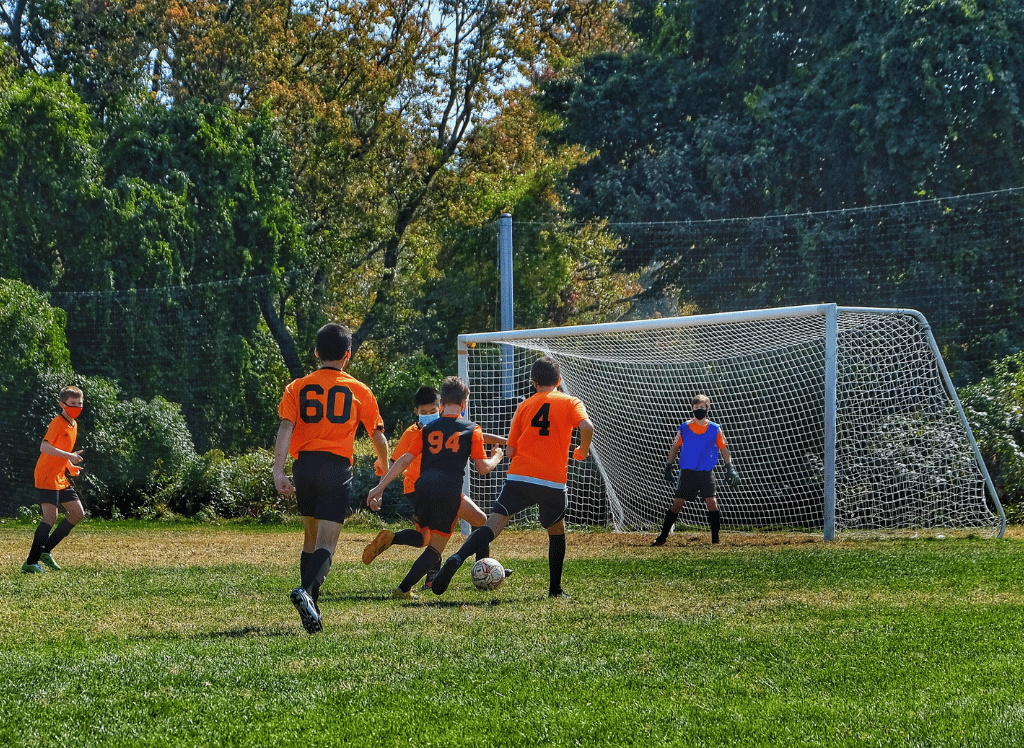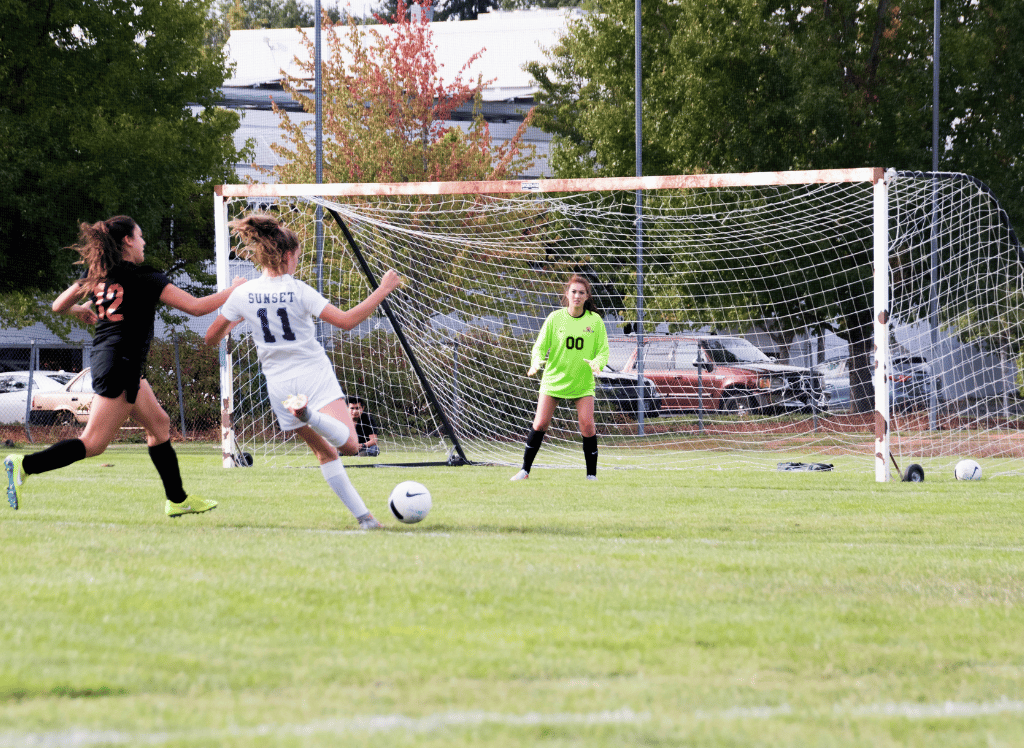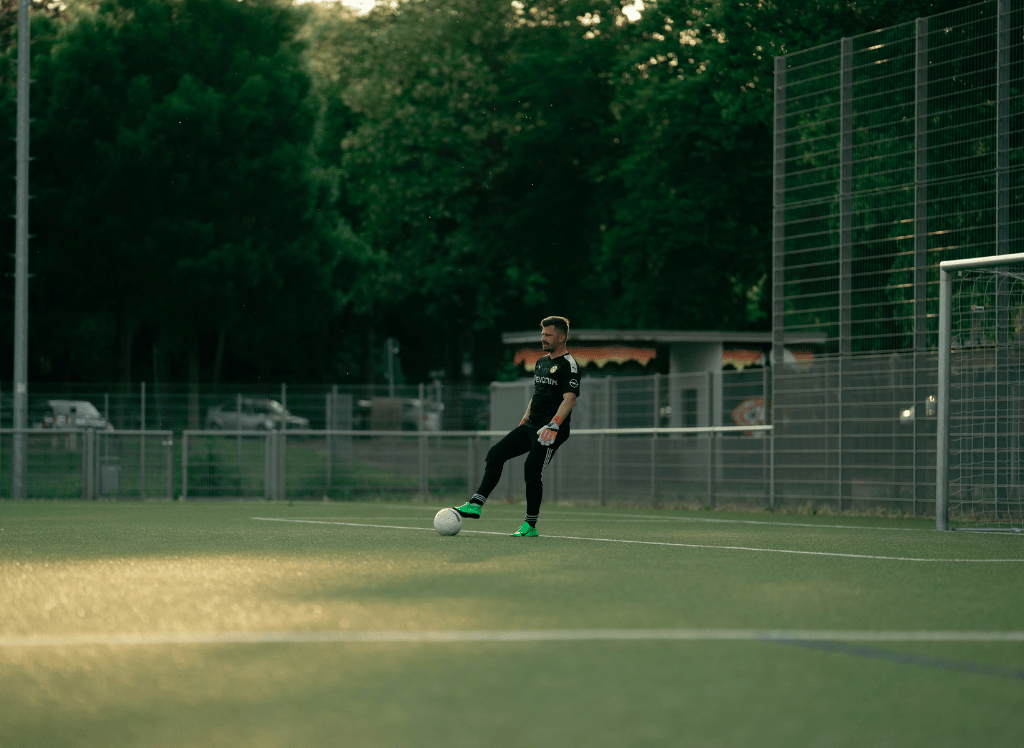Soccer, otherwise known as "football" or "futbol", is one of the most popular sports in the world. Over 3 billion people watches World Cup, making it the most-watched sporting event in history. But for all its popularity, there are still many people who don't know how to play soccer. If you're one of them, this guide is for you.
How to Play Soccer: the Basics
Of course, there are a few more complexities and rules that go along with that (which we'll get into below), but that's really all there is to it. Now that you know the basics of how to play soccer, let's take a more in-depth look at the specifics of the game.
the Field
Object of the Game
The basic object of soccer is to score goals by kicking the ball into your opponent's goal. Goals can be scored from anywhere on the field; there is no need to be behind your opponent's goal line like in football or hockey. A game consists of two 45-minute halves, and whichever team has scored more goals at the end of regulation time is declared the winner. If neither team has scored more goals at that point, then the game goes into overtime periods until one team finally breaks the tie with a goal.
the Players
Each team on a soccer field consists of 11 players: one goalkeeper, four defenders, three midfielders, and three forwards.
Defenders also play an important role in protecting their team's net, but they also help move the ball upfield so their team can score goals of their own.
Midfielders serve as both offensive and defensive players; they help their team both score goals and prevent goals from being scored against them.
Forwards are responsible solely for scoring goals; they typically spend most of their time near their opponent's net trying to put themselves in position to kick or head in a goal.
Soccer is truly a worldwide sport enjoyed by billions of people every year. And now that you know how to play soccer, you can join them! While there may seem like there are a lot of rules at first, they're actually quite simple once you get used to them.
Just remember: two teams try to score goals by kicking or heading the ball into each other's net; whoever scores more goals in regulation time wins. If it's tied at the end of regulation time, then overtime periods are played until one team finally breaks through with a goal; each team has 11 players consisting of one goalkeeper, four defenders, three midfielders, and three forwards.
Have fun and enjoy!
Check out our other Soccer articles:









